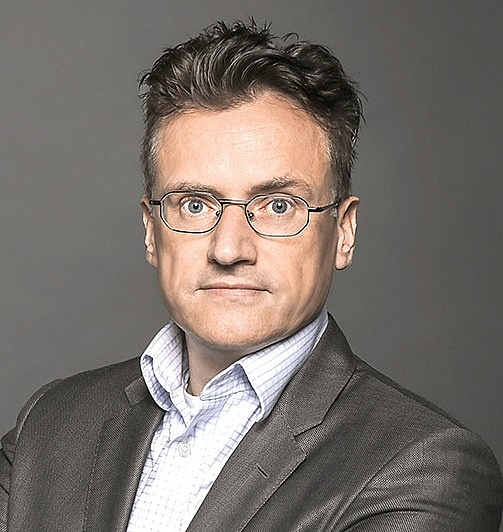End of the Merkel era ushers in new journey for German leaders
 |
| Prof. Dr. Andreas Stoffers - Friedrich Naumann Foundation for Freedom in Hanoi |
The liberal, pro-market Free Democratic Party (FDP), which improved its result slightly by 0.8 per cent to a total of 11.5 per cent, is likely to play a major role in the formation of the government. If the FDP is involved in the government, a stronger free-market component should come into play, which would be good for the heavily regulated Germany.
At the moment, it remains completely open and exciting which government coalition will be formed. Most likely, the SPD will provide the new head of government, for example within another grand coalition with the CDU/CSU. In this case, however, the CDU/CSU, which has led the government for 16 years, would be the junior partner.
Another option would be a coalition between the SPD, the Greens, and the liberal FDP. For this to happen, however, the differences between the free market-friendly FDP and the Greens would have to be resolved. In this case, Merkel’s party, the CDU (in cooperation with its Bavarian sister party CSU), would be left out altogether. Another option would be a coalition of CDU/CSU, FDP, and the Greens. This would be the only possibility for the CDU/CSU, led by its leader Armin Laschet, to name the chancellor.
Experience shows that it will take several weeks or months before the parties agree on a governing coalition. The old government under Merkel will remain in office for that long.
The previous fears of some business circles that Germany could see a coalition of the three parties SPD, Greens, and Die Linke will not become reality. There are not enough votes for that. If one takes into account that Die Linke would have demanded income tax rates of up to 75 per cent and a wealth tax of up to 5 per cent, this could have led to a further decline in Germany’s attractiveness as a business location.
Nevertheless, with this 2021 election, Germany has moved further to the left, as SPD, the Greens, and Die Linke gained 6.8 per cent overall in the parliament, despite the losses of Die Linke.
However, the new government offers the chance to bring in a new wind and make Germany fit again. During the Angela Merkel era, there was a reform backlog. Germany ranks now first in the world in terms of taxes and duties, and the federation’s energy prices are among the highest in the world, with national debt reaching enormous proportions.
Meanwhile, Germany remains one weakest performers in the EU in terms of digitalisation. In addition, after Chancellor Merkel, the German society is more divided than ever before.
We should have in mind that in 2013, the CDU/CSU was still at 41.4 per cent. In recent years, there has been an unprecedented decline of this conservative party. At the same time, CDU/CSU lost many votes to the other parties. The party will have to use the time after Merkel to redefine itself again. Even CDU/CSU chancellor candidate Laschet promised new approaches.
And the SPD, which was still at 40.9 per cent in 1998, will also have to convince its voters. The current elections present all parties with important tasks. The next few years will show whether and which parties can satisfy the desire for changes of the German voters.
In any case, the positive news is that all parties are interested in the expanded partnership with ASEAN and Vietnam. Thus, there will be no deterioration in the relationship between Berlin and Hanoi. A new German government will not change the economical and political ties between the two countries, no matter which party will provide the new chancellor.
What the stars mean:
★ Poor ★ ★ Promising ★★★ Good ★★★★ Very good ★★★★★ Exceptional
Related Contents
Latest News
More News
- Vietnamese businesses diversify amid global trade shifts (February 03, 2026 | 17:18)
- Consumer finance sector posts sharp profit growth (February 03, 2026 | 13:05)
- Vietnam and US to launch sixth trade negotiation round (January 30, 2026 | 15:19)
- NAB Innovation Centre underscores Vietnam’s appeal for tech investment (January 30, 2026 | 11:16)
- Vietnam moves towards market-based fuel management with E10 rollout (January 30, 2026 | 11:10)
- Vietnam startup funding enters a period of capital reset (January 30, 2026 | 11:06)
- Vietnam strengthens public debt management with World Bank and IMF (January 30, 2026 | 11:00)
- PM inspects APEC 2027 project progress in An Giang province (January 29, 2026 | 09:00)
- Vietnam among the world’s top 15 trading nations (January 28, 2026 | 17:12)
- Vietnam accelerates preparations for arbitration centre linked to new financial hub (January 28, 2026 | 17:09)

 Tag:
Tag:




















 Mobile Version
Mobile Version